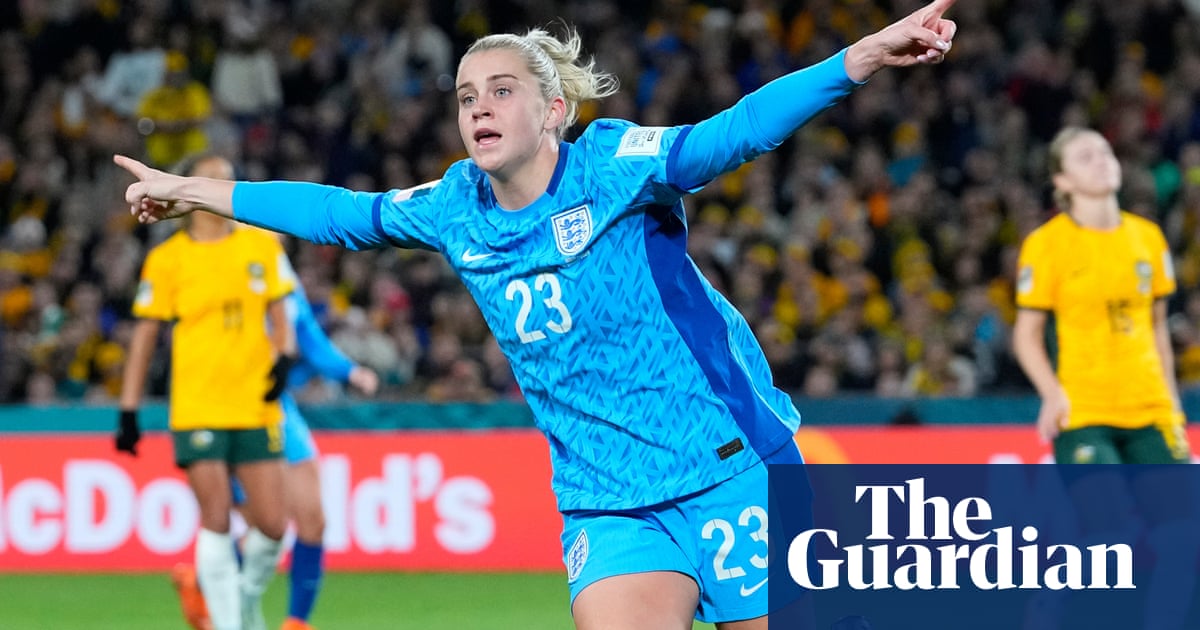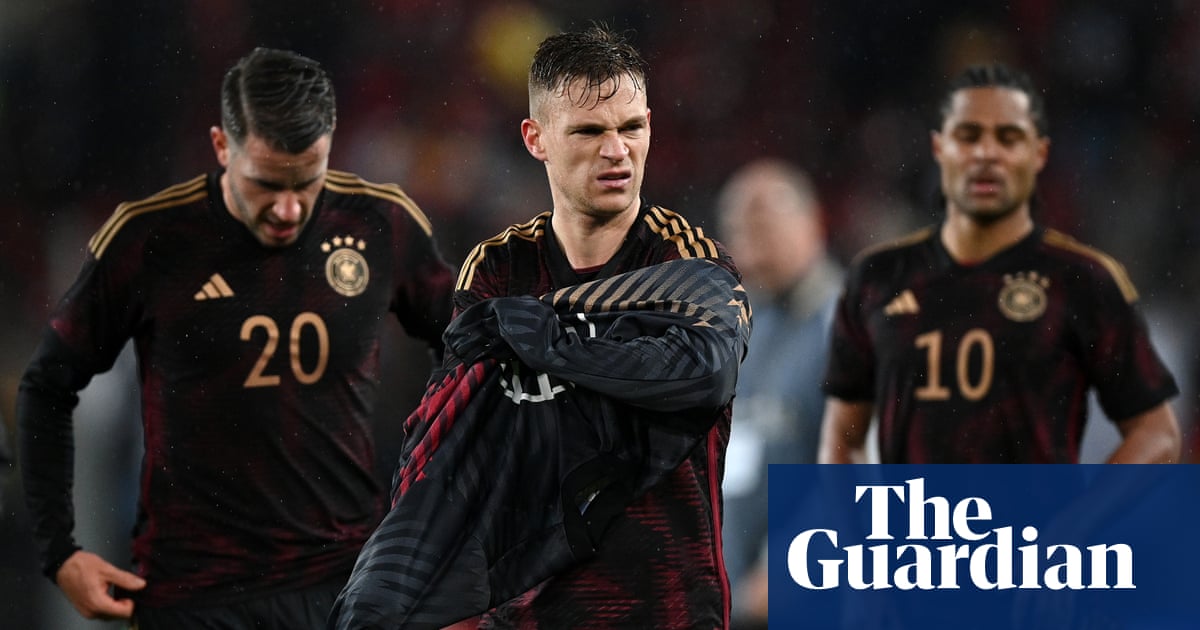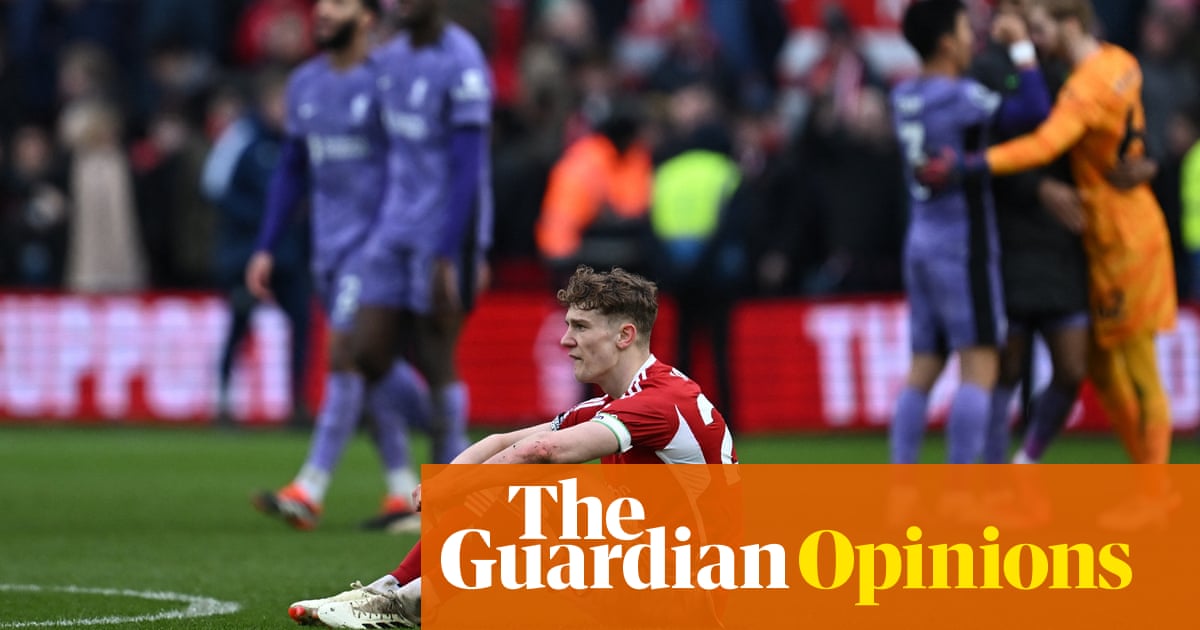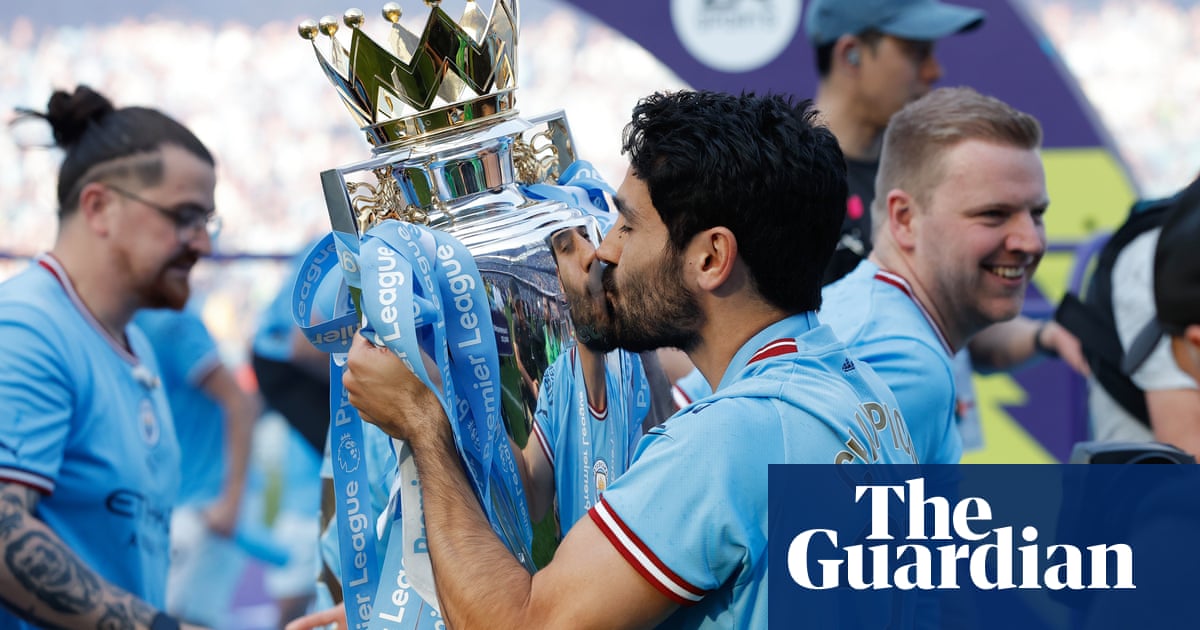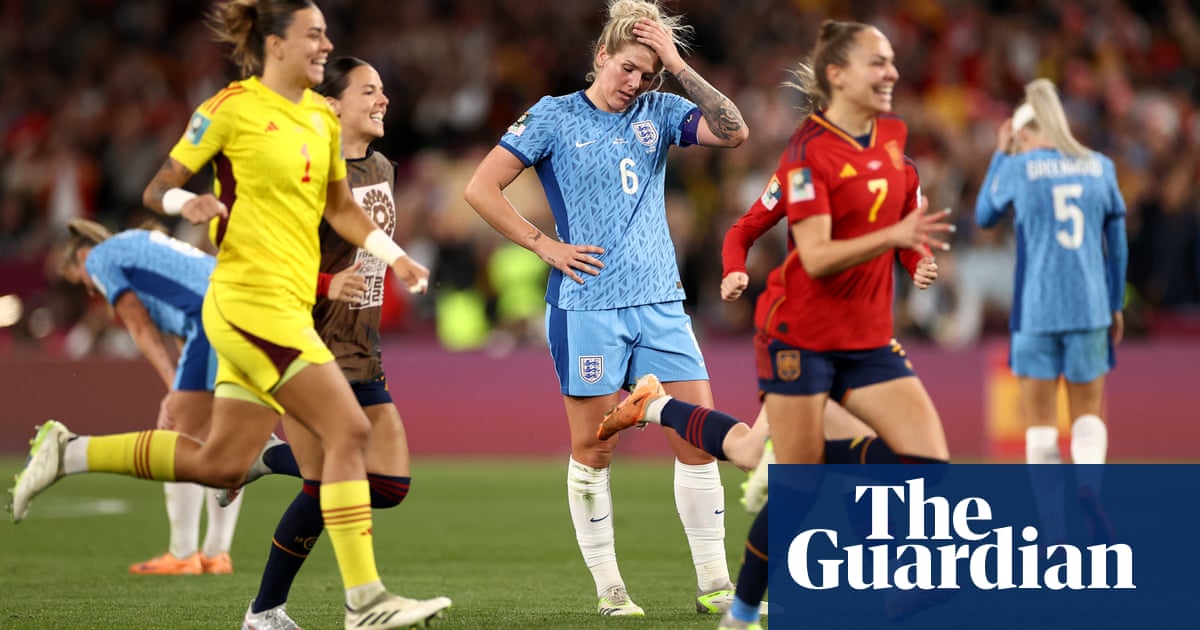
We still love you; come home. Like all good travel romances, perhaps England’s 2023 World Cup was always destined to end in cold tears and bittersweet fragments of memories, the smell of reality wafting through the curtains. There will be no shame in losing to a superior Spain side, no recriminations or burning effigies for a group of players who left every piece of themselves on the Sydney pitch.
But regrets? They’ll have a few. Moments that broke the other way, decisions they wish they could take back, and above all the opportunity to create something beautiful and monumental together, for everyone, for ever. They are still European champions and nothing can touch the colossal sugar rush of that Wembley triumph. For another four years at least, however, the circle remains incomplete.
And if there was an irony here it was that the team who looked most composed and comfortable were the team who had won nothing at all. Spain had never reached a major final before, had a history of falling short in big games, had entered this tournament in a haze of confusion and disaffection. Their coach, Jorge Vilda – Cruella de Vilda, as he has been dubbed online – is openly disdained by most of his players, and even in their victory huddle was left dancing listlessly on his own, like the only sober guy at a house party.
But in the game of their lives, they played the game of their lives. The most persistent motif of the evening was not the only goal by left-back Olga Carmona, or the second-half penalty save by Mary Earps, or even the moment of triumph. It was the recurring vision of baby-blue shirts chasing blood red, Spain’s midfielders weaving their kaleidoscopic patterns, the runs and the passes beginning to blur into each other like a migraine.
England, by contrast, had few attacking ideas beyond launching the ball towards Alessia Russo and Lauren Hemp up front. Sarina Wiegman’s daring double substitution at half-time failed to pay off. And as the minutes ticked down, you could feel the belief slipping away from the English, the dawning realisation that they had been outmatched in every zone of the pitch, that they had lost the battle of ideas.
For seasoned followers of English football this will be a familiar sensation: grit and guts running up against superior tactics and a team able to use possession as a weapon. It is hard to set the tempo when you barely get a glimpse of the ball. From the peerless Aitana Bonmatí to the waltzing Mariona Caldentey to the imperturbable Teresa Abelleira, Spain had numerous outlets for playing their way out of trouble. England had but one: Keira Walsh, whose space was squeezed all night and who had a poor game.
Partly these are factors of systems and culture as much as execution. For all its recent success English football has largely failed to produce the kind of technical midfielders who can run a game without ever seeming to do very much at all. By contrast their progress in this tournament has been based primarily on hard running, straight lines and directness. It was cruelly fitting, then, that the only goal of the game should come from just such an attack.
Lucy Bronze looked utterly implacable as she entered the pitch: chest puffed, sticking out her chin in the way she does when she means business. Half an hour in she boldly carried the ball forward from right-back, straight into the heart of the Spain midfield, only to run into a swarm of red lights. Immediately Bonmatí – Bronze’s Barcelona teammate – pumped the ball back into the space Bronze had vacated, Carmona finding the corner with a low finish.
Afterwards it was Bronze who looked most broken of all: hunched on the England bench, numb and shaking, perhaps wondering whether this would be her last steps on a World Cup pitch. She will be 35 by the time of the next tournament in 2027 and, even if there are no immediate challengers for her spot, she knows as well as anyone that there are cherishably few certainties in this game. The sun sets and the sun rises and new things grow.
Perhaps something good will come of this defeat, too: new ideas and strategies, fresh blood, a more realistic view of where this young side are in the order of things. Deprived through injury of their captain, Leah Williamson, their most potent goal threat in Beth Mead and their most creative attacker in Fran Kirby, there was a small but clear gap between how good England were and how good they needed to be, a chasm we filled with hope and longing. Is it worse to be capable and fall short, or not to be capable at all? England fans of all stripes will spend the coming days and months pondering this question.
But if there was immense pride in this group of women then there was a bitterness, too, a very visual reminder of the double-edged realities of sport. For as the Spain squad stepped forward to receive their medals, waiting for them with a weird crooked grin was the Fifa president, Gianni Infantino. Two days earlier he had given a speech insisting that the responsibility was on women to “knock on the door” and demand equality. Now, Infantino leaned forward and clutched Vilda in a warm embrace. This is a game for extraordinary women, a stage for extraordinary women, a tournament for extraordinary women. But never forget that it is a world still run by mediocre men.
Let us not for once indulge the illusion that the glory is in the journey. It matters that these England footballers asked the government to pledge more money for girls’ sport, but it matters more that they get it. It matters that they won our hearts last summer, but it matters more that they won the final. It matters that millions of viewers have given women’s football a chance this summer, but it matters more that they keep watching. This is the crushing part about losing a World Cup final: nobody can pretend they really got what they wanted. A defeat with honour is still a defeat. A scar that heals is still a scar.




